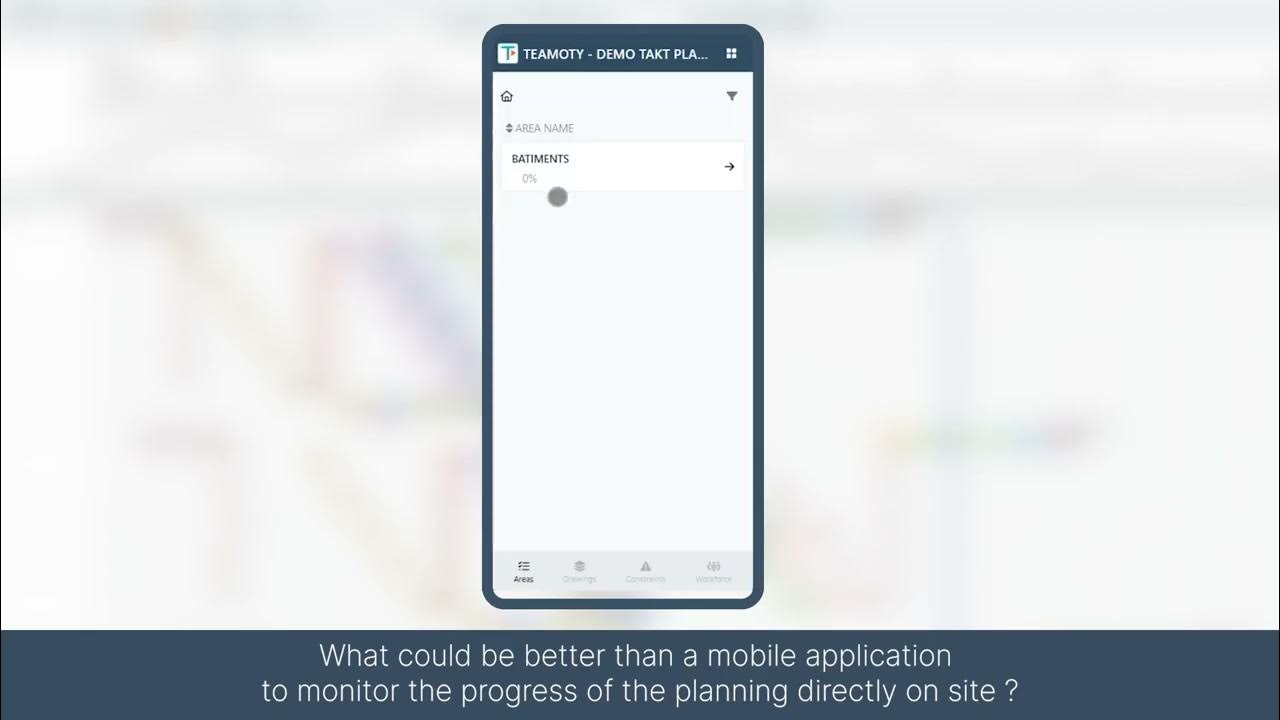Project management - milestones and project plan
Summary
TLDRThis video focuses on the importance of milestones in project planning, emphasizing their role in tracking progress and celebrating achievements. It discusses the need for realistic, measurable milestones with specific deadlines, and how to group related tasks into workstreams for better coordination. The project timeline should reflect dependencies between milestones, ensuring tasks are synchronized across teams. Additionally, the video highlights the importance of calculating project costs, considering the resources and time spent on each task. Effective milestone management is crucial for keeping the project on track and ensuring timely completion.
Takeaways
- 😀 Milestones are crucial to track progress in a project, representing key points that indicate significant achievements.
- 😀 Each milestone should be SMART: Specific, Measurable, Achievable, Realistic, and Time-bound to ensure it is clear and actionable.
- 😀 Milestones should be celebrated to motivate the team and acknowledge accomplishments, but not all milestones are equally important.
- 😀 When planning milestones, it's essential to focus on the most significant ones that have a major impact on the project's success.
- 😀 Workstreams divide the project into smaller, manageable sections, helping teams focus on specific aspects of the project.
- 😀 Dependencies between workstreams must be identified early to prevent delays and ensure that tasks are completed in the correct order.
- 😀 Synchronizing milestones and activities across workstreams is crucial to ensure that the project moves forward smoothly and on time.
- 😀 A visual tool, like a wall chart, can help track the progress of milestones and activities, offering a clear overview of dependencies.
- 😀 Resource allocation and cost management are key to completing the project within budget and on time, involving careful planning of time and financial resources.
- 😀 Activities within the project should have a detailed estimate of time and cost, helping ensure that resources are efficiently utilized.
- 😀 The project plan must be flexible enough to adjust for changes, but structured enough to ensure key milestones and deadlines are met.
Q & A
What role do milestones play in project management?
-Milestones help track the progress of a project by marking key points of achievement. They allow project managers to assess when significant objectives are met, providing clarity on the project’s timeline and progress.
Why are milestones considered important in a project?
-Milestones are crucial because they offer measurable points of achievement that can be celebrated. They help keep teams motivated, ensure timely progress, and identify any potential delays early in the process.
How should milestones be structured to ensure they are effective?
-Milestones should be SMART (Specific, Measurable, Achievable, Relevant, and Time-bound). This ensures that they are clear, realistic, and feasible within the given timeframe, allowing project teams to track progress accurately.
How do project managers decide which milestones to celebrate?
-Project managers focus on milestones that are significant to the overall project success. Celebrating important milestones helps keep the team motivated and emphasizes key achievements.
What is the role of workstreams in managing a project?
-Workstreams are divisions of the project into smaller, manageable sub-projects or tasks. They help organize the workflow, ensuring that various aspects of the project are handled by specialized teams or individuals.
What are 'decision gates' and why are they important?
-Decision gates are checkpoints where major decisions are made about the project’s direction. They are important because they help ensure that the project is still on track and that necessary adjustments are made before moving forward.
How does the process of defining milestones relate to the project's overall timeline?
-Defining milestones early helps create a clear timeline for the project. It sets expectations for when specific objectives should be met and establishes a framework for organizing the tasks required to reach those goals.
Why is it important to group tasks into sub-projects or workstreams?
-Grouping tasks into workstreams helps streamline the project, making it easier to manage. It allows for a more focused approach, where each group can focus on specific aspects of the project while maintaining alignment with the overall objectives.
How does project cost relate to the milestones and workstreams?
-The cost of a project is directly tied to the activities within the workstreams. Each milestone typically involves a set of tasks that incur costs, such as resources, time, and materials. Monitoring milestones helps track and control costs throughout the project.
What is the significance of visualizing milestones and workstreams on a wall or board?
-Visualizing milestones and workstreams on a wall or board makes it easier for the entire team to see the project's status at a glance. It facilitates collaboration, ensures synchronization between different teams, and helps identify dependencies or potential delays.
Outlines

This section is available to paid users only. Please upgrade to access this part.
Upgrade NowMindmap

This section is available to paid users only. Please upgrade to access this part.
Upgrade NowKeywords

This section is available to paid users only. Please upgrade to access this part.
Upgrade NowHighlights

This section is available to paid users only. Please upgrade to access this part.
Upgrade NowTranscripts

This section is available to paid users only. Please upgrade to access this part.
Upgrade NowBrowse More Related Video

Teamoty Scheduling : Empower and digitalize your Takt Planning Sytem

MUST-KNOW Jira features for Scrum Masters

Become a better YOU in 30 days: how to end the year strong (soft discipline ep. 4)

12 Rules for Project Management

What is a KPI? [KPI MEANING + KPI EXAMPLES]

Superstoff Fett - Wie viel Körperfett ist ideal? | Superstoffe | Doku
5.0 / 5 (0 votes)